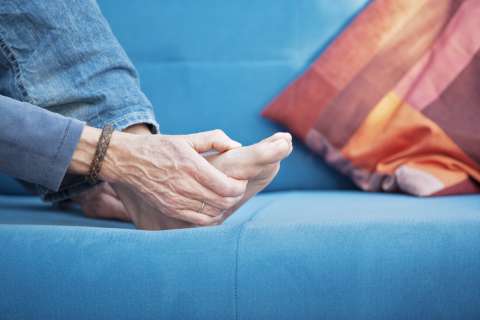Dear Doctor: I’ve had both doses of the Moderna vaccine, and my husband just got the Johnson & Johnson shot. Does this mean we can stop wearing masks? What does being vaccinated mean in terms of what we are safe to do now?
Dear Readers: With vaccinations taking place nationwide, we’ve entered a new stage of the pandemic. And just as when the coronavirus first began to spread throughout the world, we’re learning the answers to important questions about health, behavior and risk in real time.
You’ve asked one of the biggest questions we’re hearing lately, which is what fully vaccinated people can safely do. The fact is, until enough reliable data has been acquired and analyzed, we have only a broad picture of the do’s and don’ts of post-vaccine behavior. As time passes and we continue to learn and understand more, information about safe behaviors will continue to be fine-tuned.
When you get the vaccine, it takes two weeks after your final dose for immunity to kick in. Even then, though, you’re not home free. None of the three vaccines is 100% effective, which means that although the risk of infection and illness are greatly reduced, they have not been completely eliminated.
Another unknown is if people who have been vaccinated can still spread the virus. On that front, there’s encouraging news: Analysis of health data from 4,000 health care professionals, first responders and other front-line workers suggests that when people are fully inoculated, they are unlikely to spread the virus. To be certain, though, more research is needed. We’ll share updates as they become available.

To answer your question about what it is safe to do, the Centers for Disease Control and Prevention (CDC) has put together some general guidelines. The federal agency says that when out in public, everyone, including those who have been fully vaccinated, should continue to wear a mask and to practice social distancing. You should also continue to steer clear of crowded and poorly ventilated spaces. When it comes to private gatherings, the restrictions we’re familiar with have been somewhat relaxed.
Someone who has been fully vaccinated can attend small indoor gatherings with other vaccinated individuals without wearing a mask or staying 6 feet apart. The CDC says that these small groups may include unvaccinated individuals as long as they are from a single household and are not at high risk of severe COVID-19. “High risk” refers to someone who is 65 and older or has a health condition such heart disease, autoimmune disease, diabetes or cancer. It is recommended that you not gather indoors with unvaccinated individuals from multiple households. If a fully vaccinated individual comes into contact with someone who has COVID-19, they do not need to isolate or get tested, unless they develop symptoms.
When it comes to things like dining out, travel or going to the movies or a concert, we each have to do our own risk assessment. We know it’s been a long, hard year. But as you reenter the wider world, we urge you to be conservative in your choices, and err on the side of caution.
(Send your questions to [email protected], or write: Ask the Doctors, c/o UCLA Health Sciences Media Relations, 10880 Wilshire Blvd., Suite 1450, Los Angeles, CA, 90024. Owing to the volume of mail, personal replies cannot be provided.)





